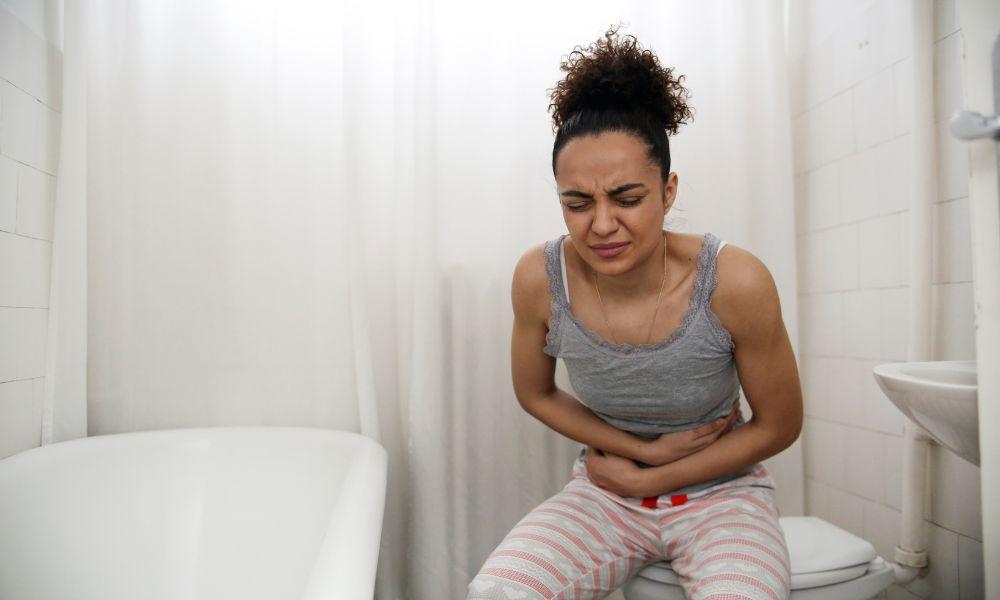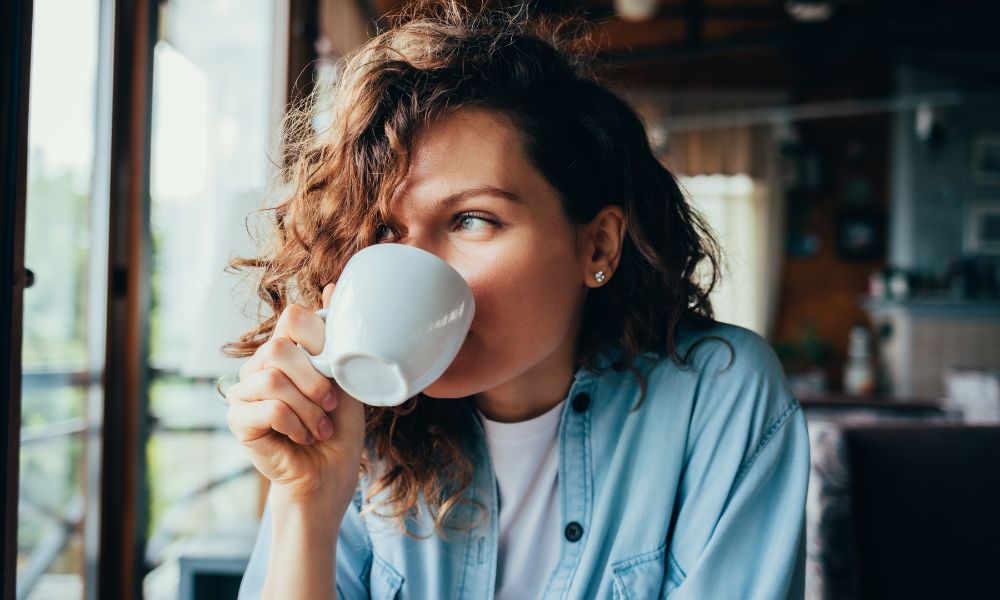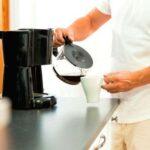We’ve all experienced it before – that sudden urge to run to the bathroom after having a cup of coffee on an empty stomach. But why does this happen, and is there anything we can do to prevent it?
In this article, we will delve into the reasons behind diarrhea after drinking coffee on an empty stomach, and provide tips and suggestions on how to avoid this unpleasant situation.
The Science Behind Diarrhea After Coffee

The Gut-Stimulating Effects of Coffee
One of the primary reasons we experience diarrhea after coffee is that coffee is a natural stimulant for our digestive system. The caffeine in coffee increases the release of certain hormones, such as gastrin and cholecystokinin, which stimulate the production of gastric acid and bile, respectively. These substances help to break down food and move it through the digestive tract, but they can also lead to an overactive gut when consumed in large quantities.
The Laxative Effect of Coffee
Coffee is also known to have a laxative effect on the body, mainly due to its caffeine content. Caffeine stimulates the muscles in the colon, causing them to contract more frequently and forcefully. This can lead to increased bowel movements, and in some cases, diarrhea.
The Role of an Empty Stomach
Having coffee on an empty stomach exacerbates these effects because there’s no food to absorb the excess gastric acid and bile. As a result, the digestive system becomes hyperactive, leading to diarrhea.
Tips to Prevent Diarrhea After Coffee

Now that we understand why diarrhea can occur after having coffee on an empty stomach, let’s explore some ways to prevent it.
1. Eat Something Before Your Coffee
One of the easiest ways to avoid diarrhea is to simply eat something before you have your coffee. This can help to absorb the gastric acid and bile, preventing an overactive gut.
2. Opt for Decaffeinated Coffee
Switching to decaffeinated coffee can help, as it contains less caffeine. Less caffeine means less stimulation of the gut, reducing the likelihood of diarrhea.
3. Drink Coffee with Milk or Cream
Adding milk or cream to your coffee can help to neutralize some of the acid, which might help to reduce the chances of diarrhea.
4. Reduce Coffee Intake
If you’re particularly sensitive to the effects of coffee, consider cutting back on your coffee consumption. Try drinking one less cup per day, or have smaller servings.
5. Experiment with Different Coffee Types
Some people find that certain types of coffee are less likely to cause diarrhea. Experiment with different coffee beans, roasts, and brewing methods to find the one that works best for you.
Conclusion
Diarrhea after coffee on an empty stomach is an unpleasant experience that many people encounter. By understanding the causes and taking preventive measures, you can enjoy your morning cup of coffee without fear of a mad dash to the bathroom. Always listen to your body, and don’t be afraid to make adjustments to your coffee routine if needed.
FAQs
What causes diarrhea after drinking coffee on an empty stomach?
Diarrhea after coffee on an empty stomach can be caused by the stimulating effects of caffeine, the acidity of coffee, and the absence of food to absorb excess gastric acids.
How can I avoid diarrhea after drinking coffee?
To avoid diarrhea after drinking coffee, try consuming coffee after a light meal, choosing a lower-acid coffee, considering decaffeinated coffee, trying coffee alternatives like herbal tea or matcha, and making lifestyle changes to improve digestion.
Are certain types of coffee less likely to cause diarrhea?
Low-acid or stomach-friendly coffee beans are less likely to cause diarrhea, as they have a lower acidity level, which can help reduce stomach irritation.
Can coffee alternatives like herbal tea or matcha help avoid diarrhea?
Yes, coffee alternatives such as herbal tea or matcha can provide similar energy-boosting effects without the negative side effects associated with coffee, including diarrhea.
When should I seek medical attention for diarrhea after coffee consumption?
If diarrhea persists for more than a few days or is accompanied by severe pain, dehydration, or fever, it’s important to seek medical attention.






